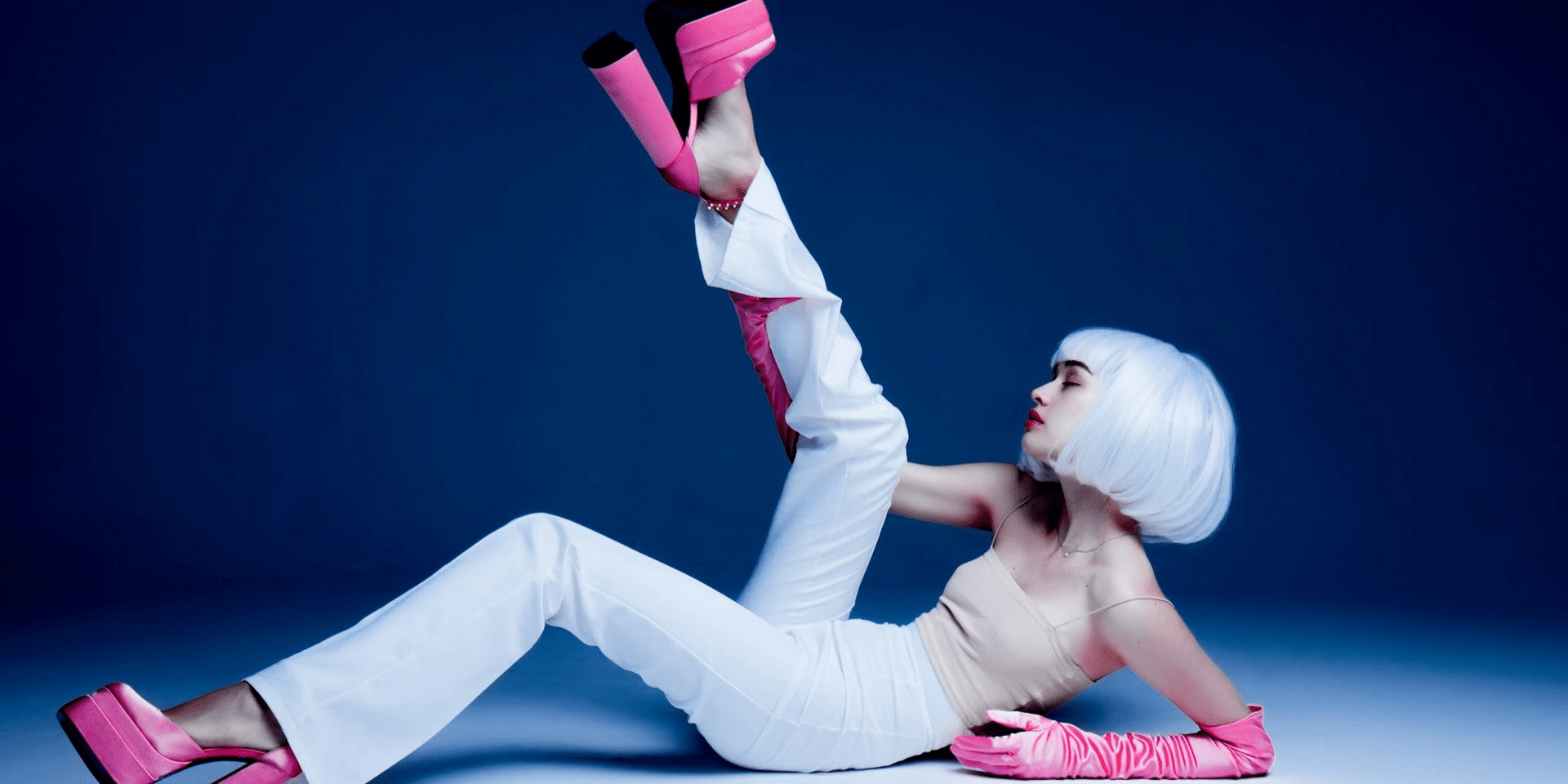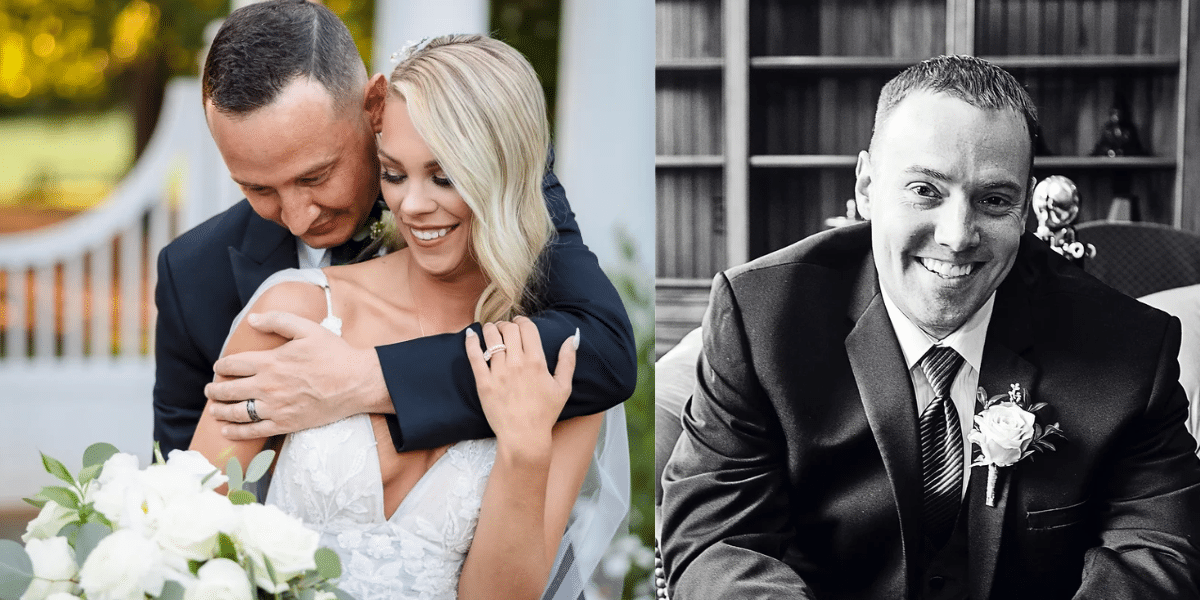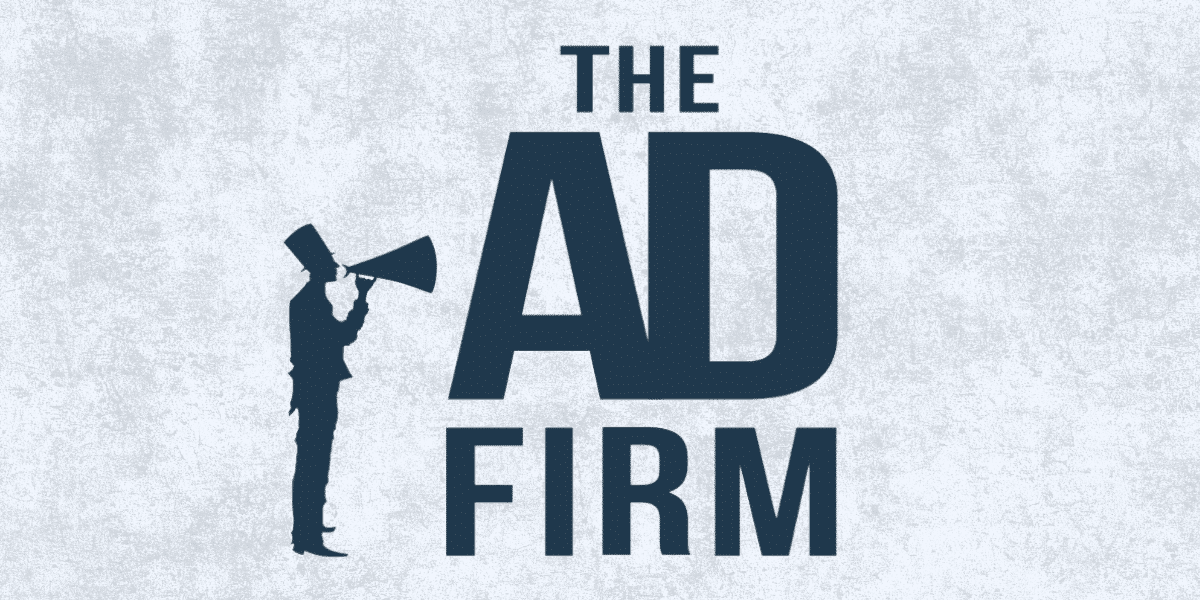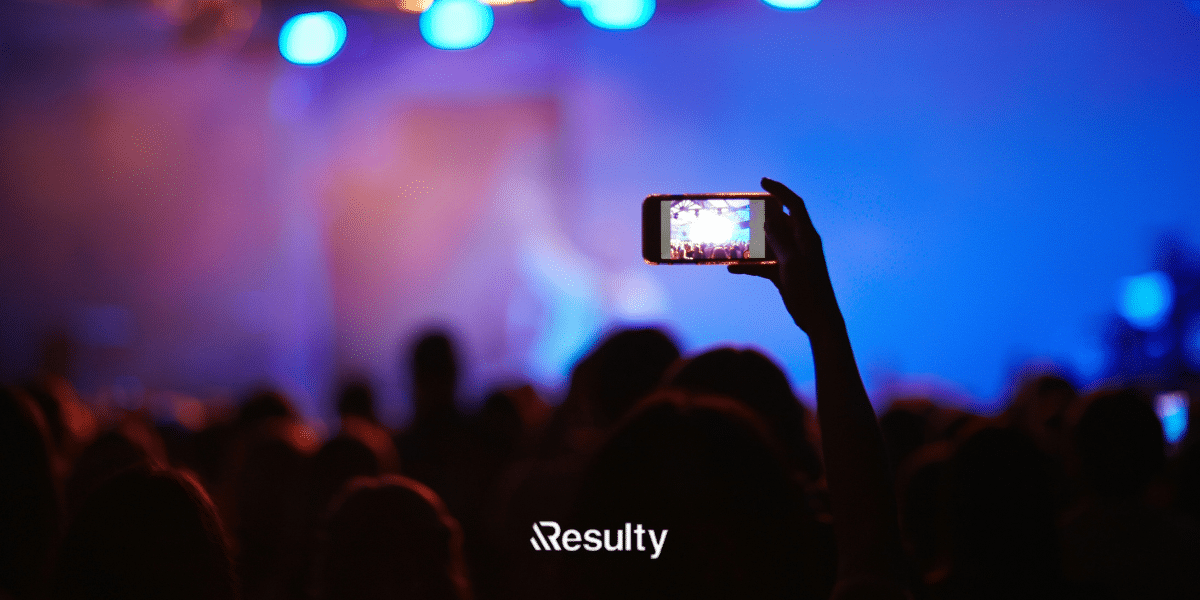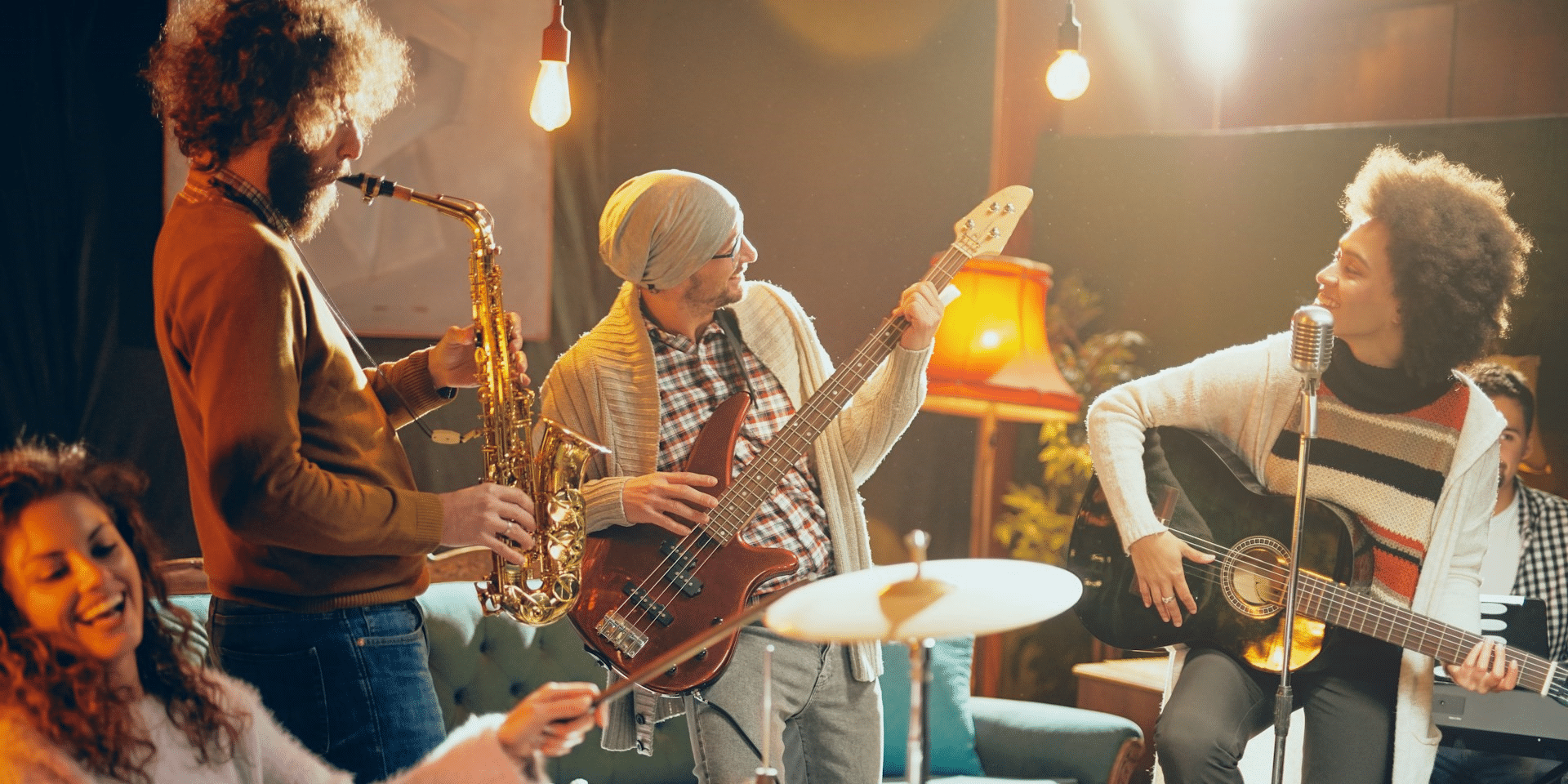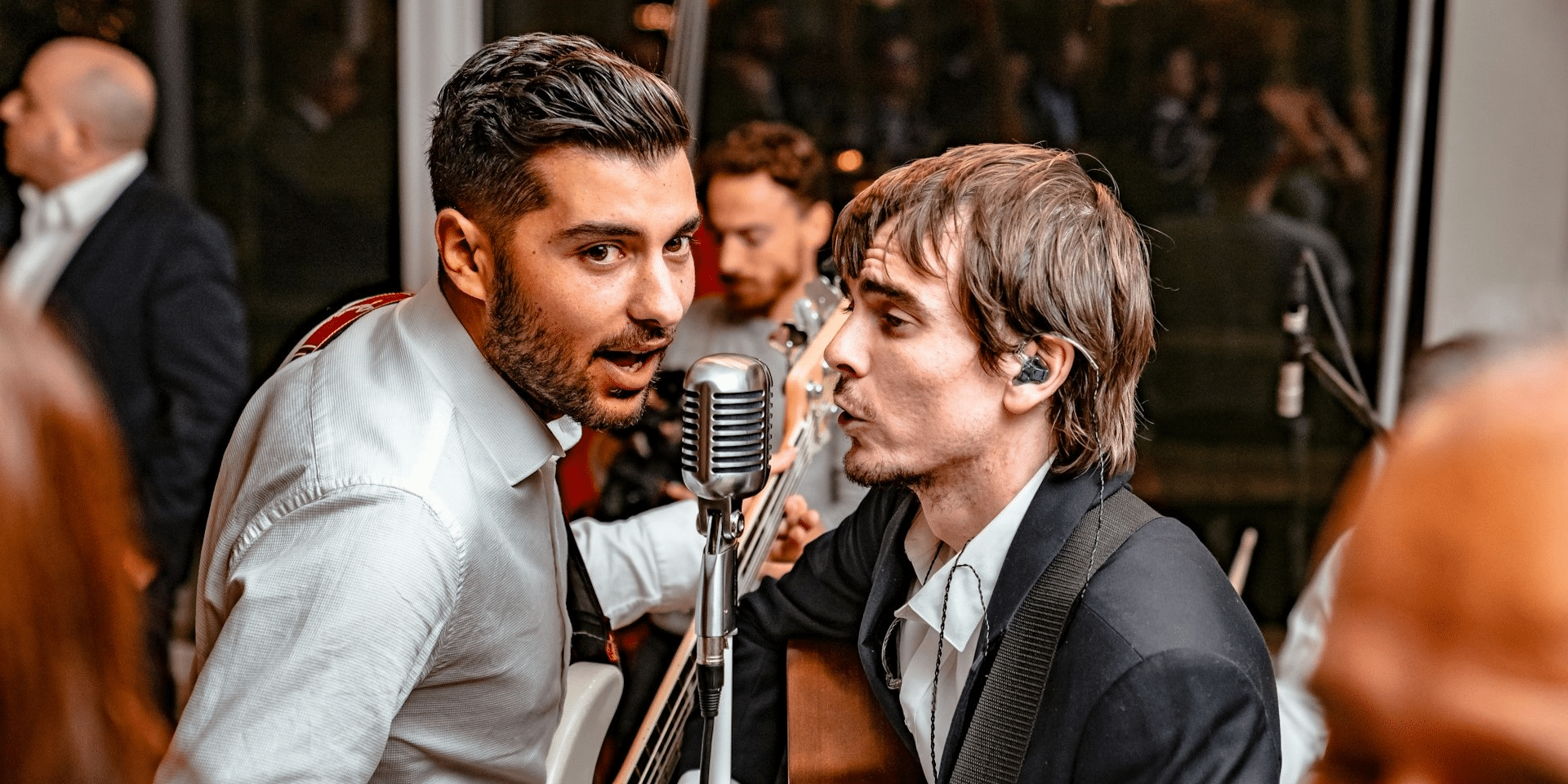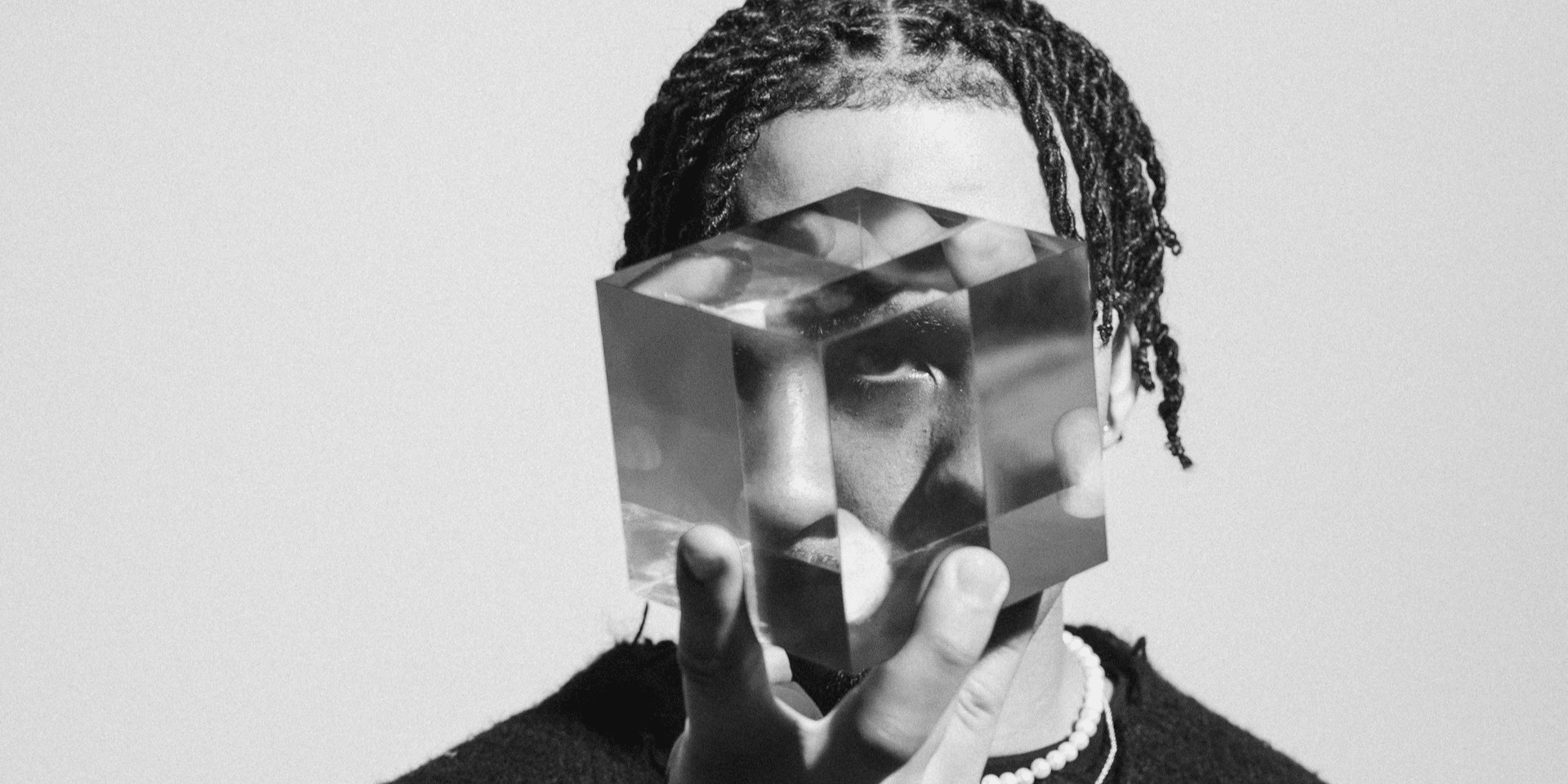Remember the days of meticulously crafted boy bands and larger-than-life divas dominating the airwaves? Pop music in the early 2000s was a carefully curated landscape, with record labels holding the reins and artists following a well-worn formula. But fast forward to today’s digital age, and the pop landscape has undergone a radical transformation. Pop artists have become more than just singers and dancers; they’re social media mavericks, self-made brands, and active participants in shaping their own narratives. Let’s dive into how pop artists have evolved in the past two decades.
From Manufactured to Maverick: The Rise of Artist Ownership
Gone are the days when record labels dictated a pop star’s image and sound. Today’s pop artists are increasingly taking control of their careers. As a Music Business Worldwide article points out, the rise of streaming platforms and social media has “empowered artists to connect directly with fans and build their own followings.”
Take a look at independent pop stars like Billie Eilish, who rose to fame through self-released music on platforms like SoundCloud. Or consider artists like Taylor Swift, who famously re-recorded her early albums, reclaiming ownership of her music and challenging the traditional power dynamics of the music industry.
This shift has led to a more diverse and authentic pop scene. Pop artists are no longer confined to a single mold. They’re free to experiment with genres, express themselves creatively, and connect with fans on a deeper level.
Beyond the Music: Pop Artists as Social Media Stars
Remember the days when catching a glimpse of your favorite pop star required a magazine spread or a late-night talk show appearance? Today, social media platforms have transformed the way pop artists interact with their fans.
Platforms like Instagram and Twitter have become virtual stages where pop artists cultivate their personal brands, share their creative process, and even engage in real-time conversations with fans. Imagine getting a behind-the-scenes peek at the making of a music video or having your idol respond to your tweet – this level of accessibility was unheard of just a couple of decades ago.
Social media has also become a crucial marketing tool for pop artists. They can use these platforms to announce new music, promote tours, and connect with fans globally. This direct line of communication fosters a sense of community and loyalty, creating a deeper connection between artist and fan that goes beyond just the music.
However, with the immense power of social media comes the pressure to maintain a curated online persona. The constant scrutiny and unrealistic beauty standards can take a toll on pop artists’ mental health, a challenge that wasn’t as prevalent in the pre-social media era.
From Bubblegum Pop to Social Commentary: Thematic Evolution
The lyrical themes of pop music have also undergone a significant shift. While catchy tunes and feel-good vibes remain a core element of pop, there’s a growing trend of artists tackling social issues and using their platform to advocate for change.
Artists like Beyoncé and Kendrick Lamar have used their music to address issues of race, inequality, and social justice. Pop stars like Olivia Rodrigo and Halsey have openly discussed mental health struggles, sparking conversations and creating a space for vulnerability within the genre.
This thematic evolution reflects the changing times and the growing social consciousness of a generation. Pop music isn’t just about catchy hooks anymore; it’s a platform for artists to express themselves on a deeper level and use their voices to make a difference.
The past two decades have witnessed a remarkable transformation in the world of pop music. Pop artists have become more than just singers and dancers; they’re shrewd business owners, social media influencers, and cultural commentators. This evolution has created a more diverse, authentic, and socially conscious pop landscape, ensuring that the genre continues to resonate with audiences worldwide.

